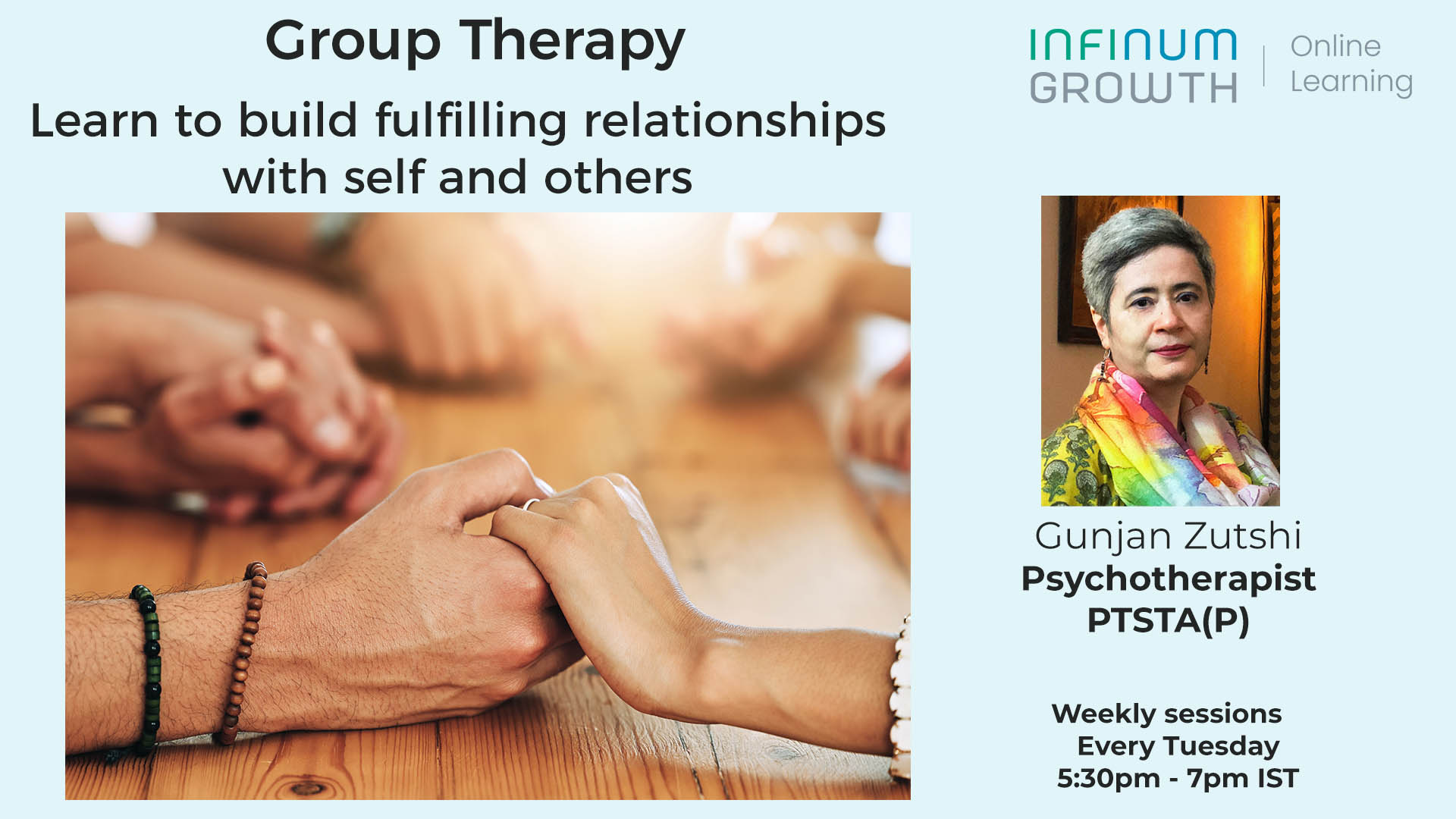Taking on the mantle of grandmother hood was both a joyful and an overwhelming experience.
While, on one hand, it filled me with immense love for the little newborn; waves of gratitude washed over me, to witness the new changes in my daughter’s life; and, the fact that this tiny complete human being was, out of the blue, the centre of all my attention.
A month into the journey, I realized the need to step back, acknowledge the inherent maternal instincts of my daughter and be mindfully aware of how she may choose to bring up her baby.
Engulfed by the new experience of birthing, the realization, that you are now completely responsible for the physical, mental and emotional wellbeing of a whole new human being, can be daunting.
So conversations and discussions around motherhood ensued and it threw up some very interesting questions for both of us, the answers for which could be seen as some parenting tips, which I am sharing here.
The questions sounded basic, but in the larger scheme of the child’s mental growth, they appeared very profound and meaningful.
1. What does it mean to build a relationship versus allowing a child to navigate through one?
Perhaps for a child, everyone, besides the parents, is an extended family. The child is taught early in life to respect these relationships, sustain them and perhaps, even to fear them. Learning the names of the parental figures- uncle, aunt, grandma, principal – the child is told how to communicate with these figures.
Let’s take the case of the school principal, who is not just a figure of authority but also a figure that inspires fear in the child. In contrast, how would it be if one were to give the child the freedom to negotiate these relationships from their own understanding?
I am reminded of an uncle – a house-husband in the family, whom, as children, we learned to look down upon; simply because he did not define the proverbial typecast of a bread winner!
What would it feel like if the child was encouraged to explore beyond these accepted norms; and instead, navigate the relationship into a space of equal respect, genuine love, caring and authenticity?
Parenting Tip 1 – Marking boundaries around behavioural norms, limits the child’s need to explore.
2. What would work better – an encompassing value system or cultivating individual empowering values?
Caught up in the physical demands of a growing baby, making meaning of its coos and babbles, the demands of inculcating a value system is often handed over to the elders in family; who may choose to do it through stories or plain speak.
A blurred matrix of values, passed down through generations, often presents itself. While it may sound audacious to question the intentions of those persons, as well as the time tested values, it may benefit us to examine some of these as limiting beliefs, in the context of the current environment.
Growing up as a young girl, I remember values that were constantly reiterated, which defined a good girl – docile, helpful, nurturing, neat… the list goes on.
Likewise, some of the clichéd values, like frugality and honor, seem questionable with the changing times. My mind harks back to honor killings prevalent in some parts of the country, as a value that has lost its utility!!
Parenting Tip 2: Helping a child imbibe values that are more defining and empowering, such as – open-mindedness, fairness, compassion and authenticity – will be less limiting in their impact.
3. Do I impose my frame of reference or do I allow my child to reframe the references?
A frame of reference is a set of assumptions which one may use to filter perceptions; and therefore create meaning. These can include preferences, culture and beliefs that can affect our understanding and judgment.
Caught in the grip of our cultural ethos, our need to please others and be accepted, we pass down preferences and beliefs that relate to food, ethnicity, color, religion, and much more.
For instance, the idea of treating house-helps as inferior to you and not sharing your lunch table with them, is a frame of reference that is so common to most Indian households. Equally damaging is the fear of dark, the unknown and even reptiles.
A child will instinctively respond to anyone who shows love and affection with warmth. But along the way, when the filter of “us versus them” is played out, the child starts to suspect that, in order to please others, it is safer to accept the imposed frame of reference than contest it.
How wonderful it would be for a child, to explore and reframe the typical frame of reference! Imagine a child having no fear of the unknown. Or, a boy growing into a man knowing that it’s ok to cry when he feels emotionally hurt; and, a girl becoming a woman for whom it’s ok to say, that she doesn’t know how to mother the child!
Parenting Tip 3 – Freeing the child from the shackles of beliefs, attitudes and values handed down through generations, will help find their own beacon; to guide them in how they perceive and make sense of the world around them.
The fast paced technological developments have shown us that if we do not keep up with the changing trends, we struggle and get left behind. The pandemic has only driven home how new norms shape the world. Likewise with the mind.
Our attitudes, beliefs and values need to match those of the changing world; in that lies the answer to evolving more holistically, more fully and more mindfully.
Asha Raghavan is on the Counsellors & Therapists panel at InfinumGrowth and available for online consultations.
Please do leave your comments at the bottom and do share with others if you like this article.



















Very pertinent thoughts on building values in the child whose mind is open to any influences. Culture of the parents and grand parents on both sides is the most important framework for the child to base his or her attitudes to life. Whatever be the emotional or economic background of these caregivers or influencers, unadulterated love is the strongest element in infusing the right values in the child. Love and respect of all those around, including house help, love of animals, of nature, trees and plants and the wonders of nature like the skies, clouds, wind , rain, sunshine all… Read more »